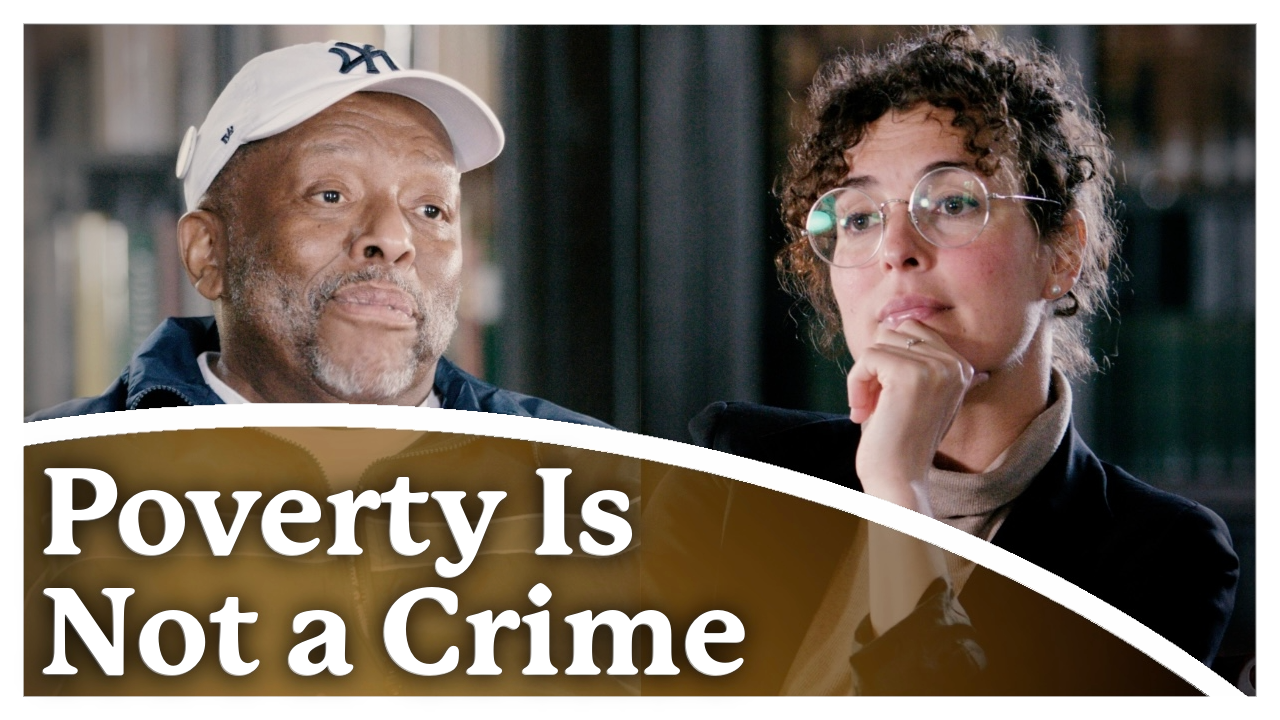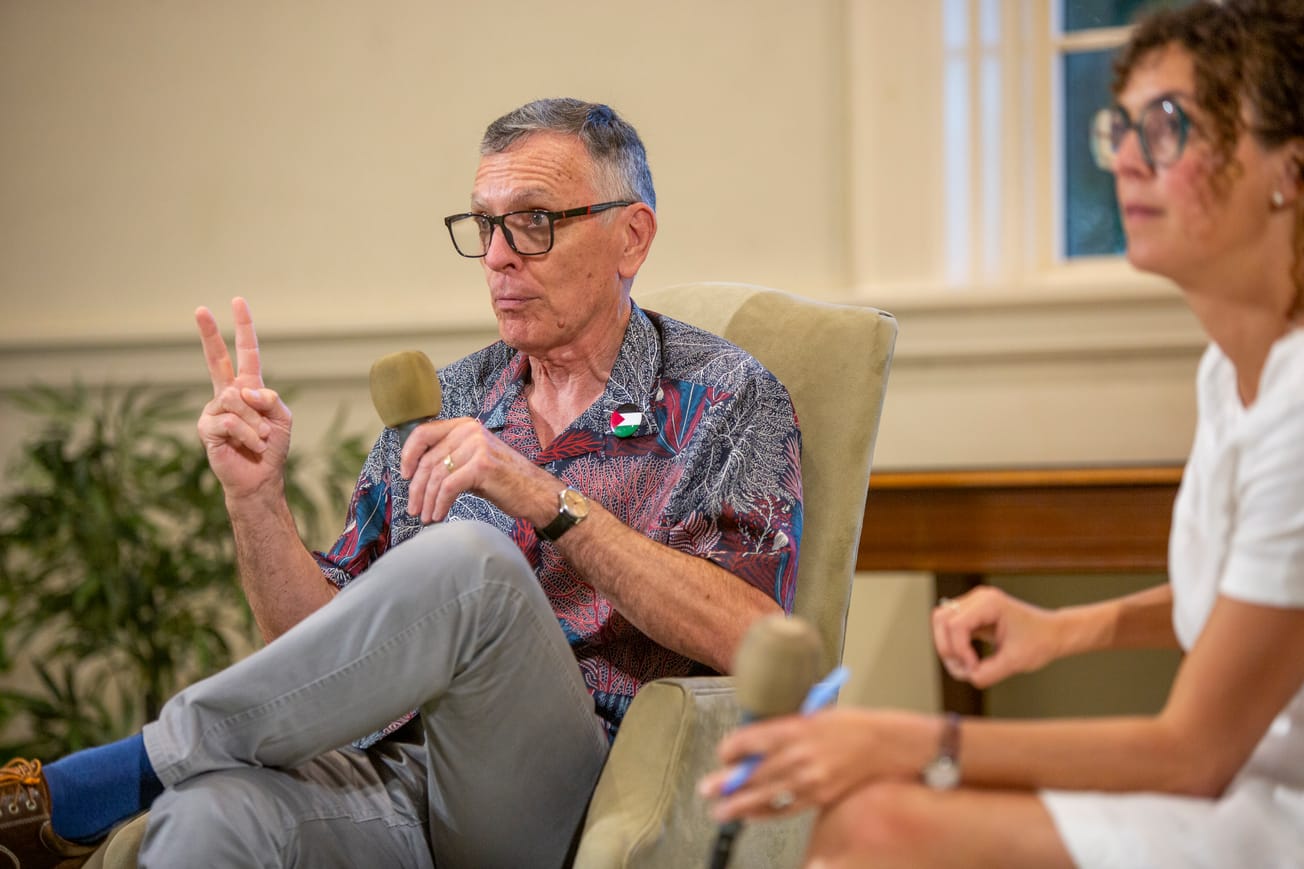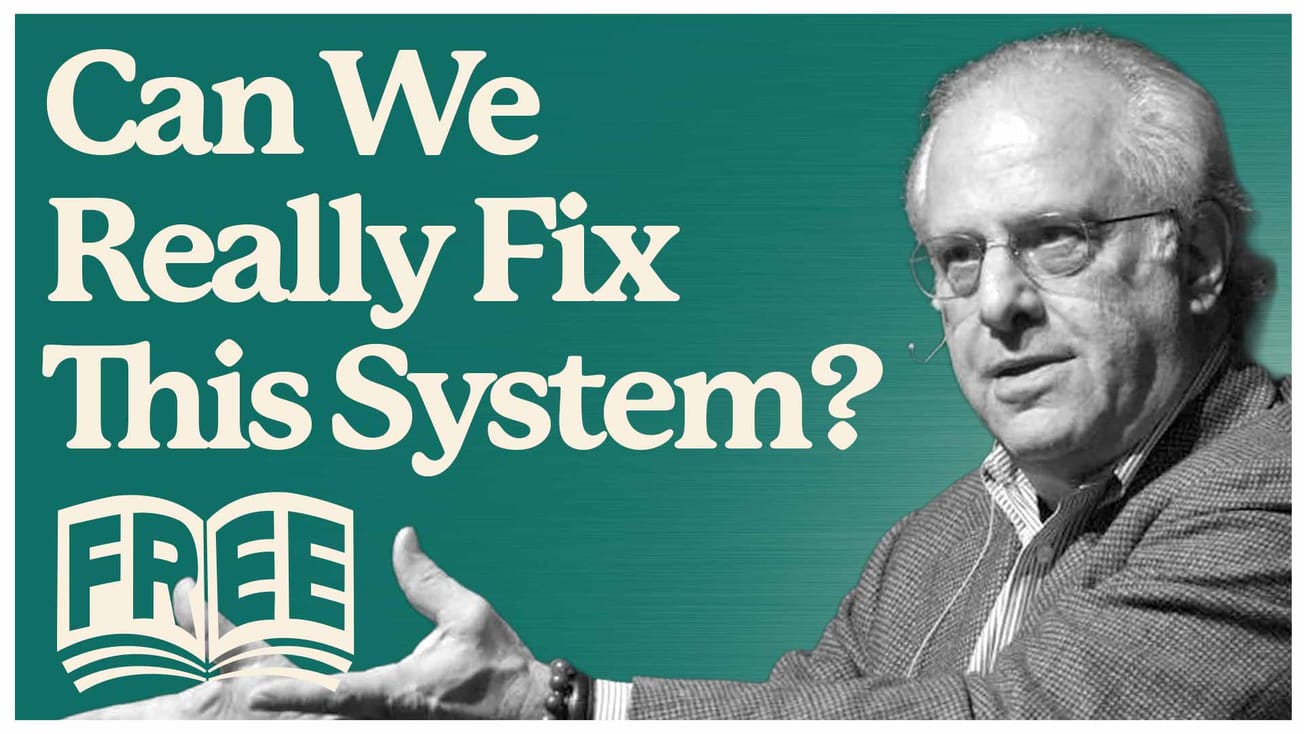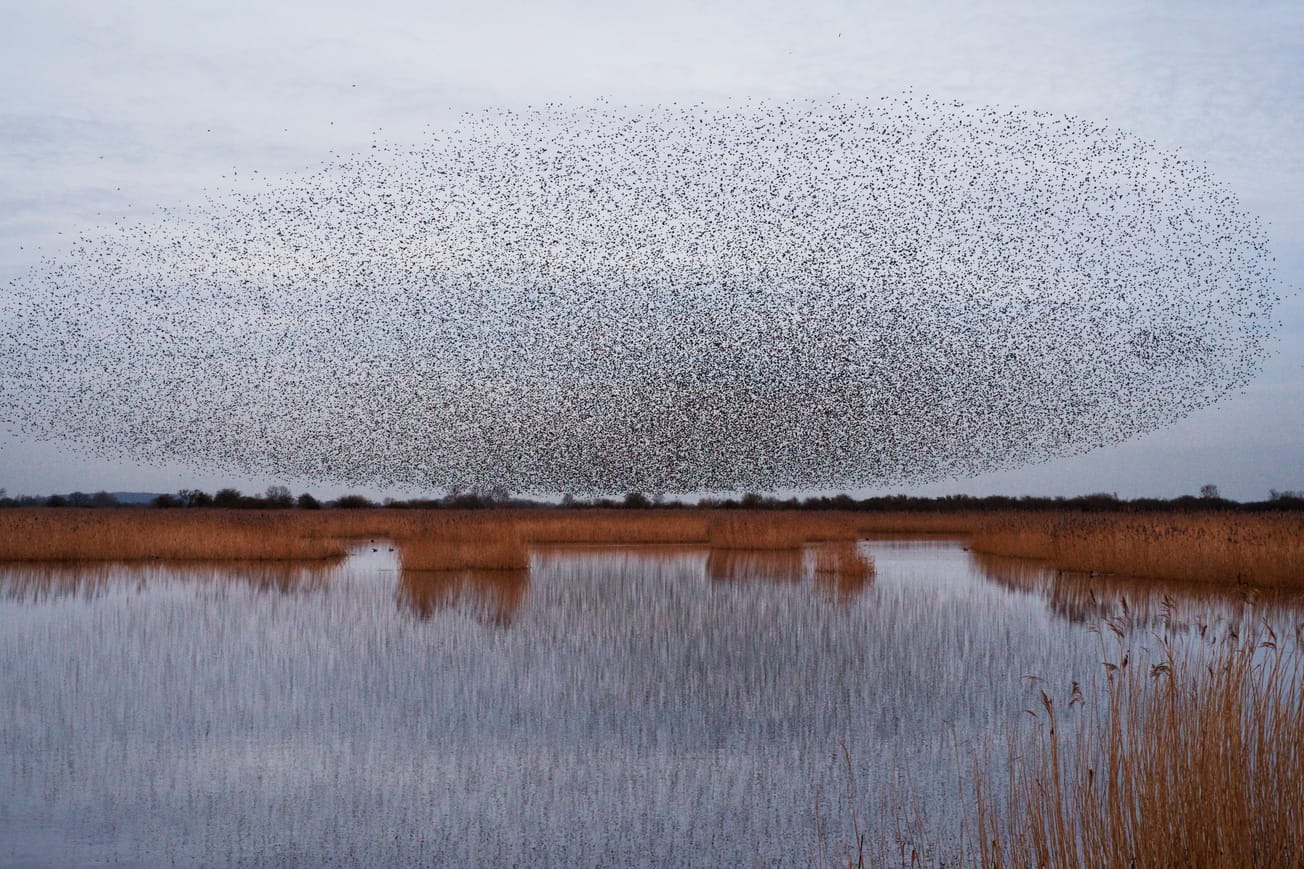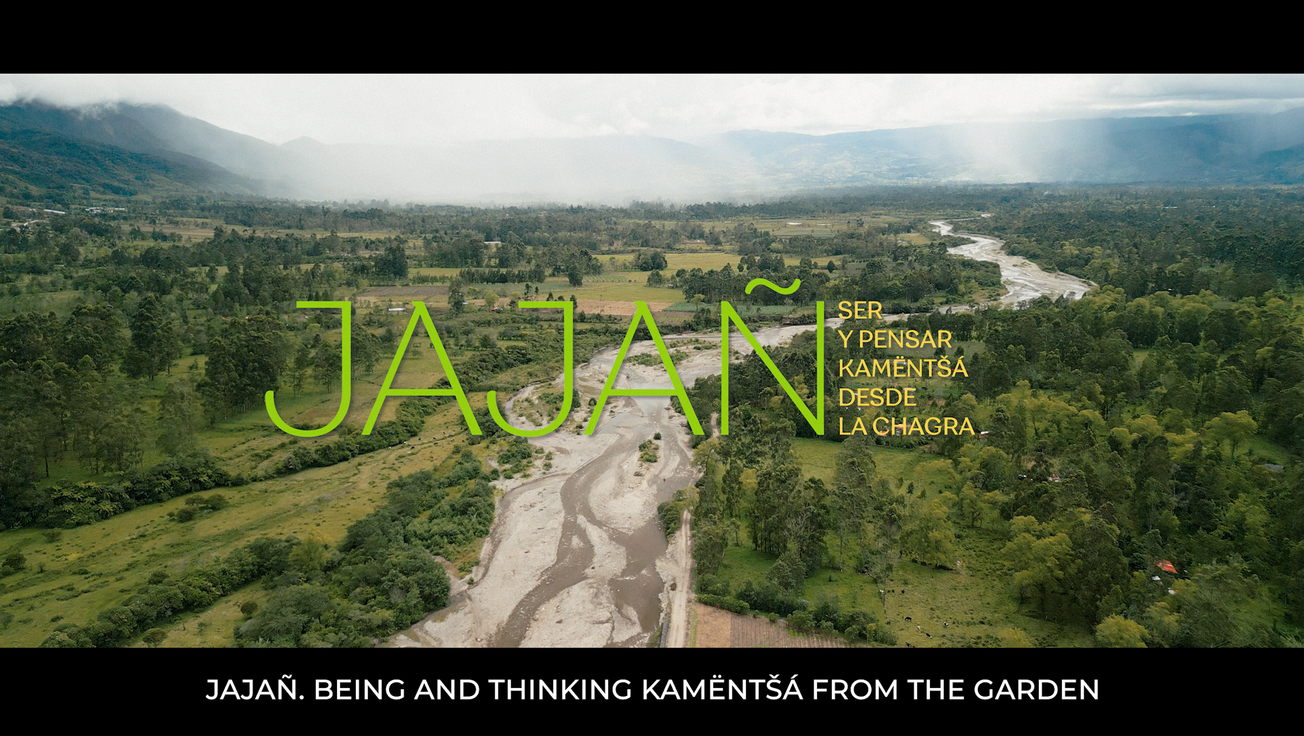The Constitution of Inequality
Vergara began by challenging the sacred aura of the U.S. Constitution. Far from a liberating charter, she argued, it was designed by elites—slaveholders, moneylenders, and speculators—to protect their own wealth and keep popular demands at bay. From its inception, representative government was framed not as democracy, but as a mechanism to contain democracy, dismissing it as “mob rule”.
This history helps us understand why today the richest 1% own more than the bottom 90% combined, and why inequality persists not by accident, but by design. What looks like corruption is, in Vergara’s words, systemic corruption: “the further accumulation of wealth and power in few hands, not against the law, but because of the law”.
How Representation Breeds Detachment
The discussion turned to the structural detachment of elected officials from the people they supposedly represent. Once in office, representatives gain material privileges, salaries, and status that immediately distance them from their communities. Elections, far from ensuring accountability, entrench this separation—especially under the two-party system, where fundraising and donor loyalty eclipse constituent needs.
As Mattei noted, this explains why popular opposition to war or famine relief in Gaza is consistently ignored in favor of lobbyists and corporate interests: systemic corruption ensures that government acts for the few, not the many.
Lessons from History: Expropriation and Popular Power
Vergara then shared lessons from history where ordinary people successfully challenged oligarchic power:
- The Roman Republic, where plebeians created their own assembly and passed binding laws, including land reforms led by Tiberius Gracchus.
- Chile under Salvador Allende, where copper was nationalized without compensation to U.S. multinationals, reframing resources as collective wealth rather than private property.
- South Africa today, where the Economic Freedom Fighters have pushed for land expropriation without compensation, challenging the entrenched power of the white minority.
These examples show that while elites resist redistribution, temporary victories expand political imagination and remind us that property and wealth are not sacred—they are political.
From Global Lessons to Local Action
Mattei and Vergara agreed: real emancipation must begin from below. That’s why FREE is rooted in Tulsa, building counter-hegemonic spaces where ordinary people deliberate, imagine, and act collectively. The goal is not only public education, but also experiments in reclaiming resources—from food to housing to energy—and creating commons outside the logic of profit and hierarchy.
Vergara emphasized the importance of praxis: connecting academic insight with lived experience in a cycle where theory and grassroots knowledge sharpen one another. This, she argued, is how we can hack the “rules of the game” and construct alternatives to systemic corruption.
Toward Real Economic Emancipation
The conversation left us with a clear challenge: to unmask the myths of liberal democracy, confront systemic corruption, and reclaim power for the many. As FREE expands from Tulsa outward, the task ahead is to nurture spaces of solidarity where imagination becomes organization—and organization becomes emancipation.
Learn more: freefreeforum.org


